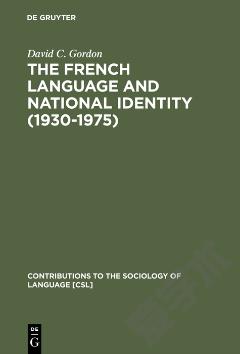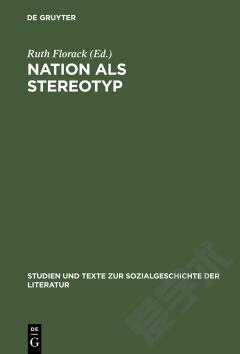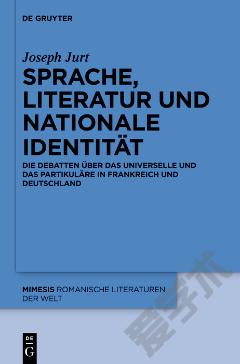Language and National Identity. Comparing France and Sweden.
This book re-examines the relationship between language and national identity. Unlike many previous studies, it employs a comparative approach: France and Sweden have been chosen as case studies both for theirsimilarities (e.g. both are member states of the European Union) as well as their important differences (e.g. France subscribes in principle to a civic model of national identity, whereas the basis of Swedish identity isundeniably ethnic). It is precisely differences such as these which allow for a more comprehensive understanding of the ethnolinguistic implications of some of the major challenges currently facing France, Sweden and other European countries: regionalism, immigration, European integration and globalization.The present volume benefits from the use of a multidisciplinary approach, and differs from others on the market because of the variety of methods of inquiry used. A series of societal analyses is complemented by an empiricalcomponent, bringing a more grounded understanding to the issue of language and national identity.
{{comment.content}}








 京公网安备 11010802027623号
京公网安备 11010802027623号